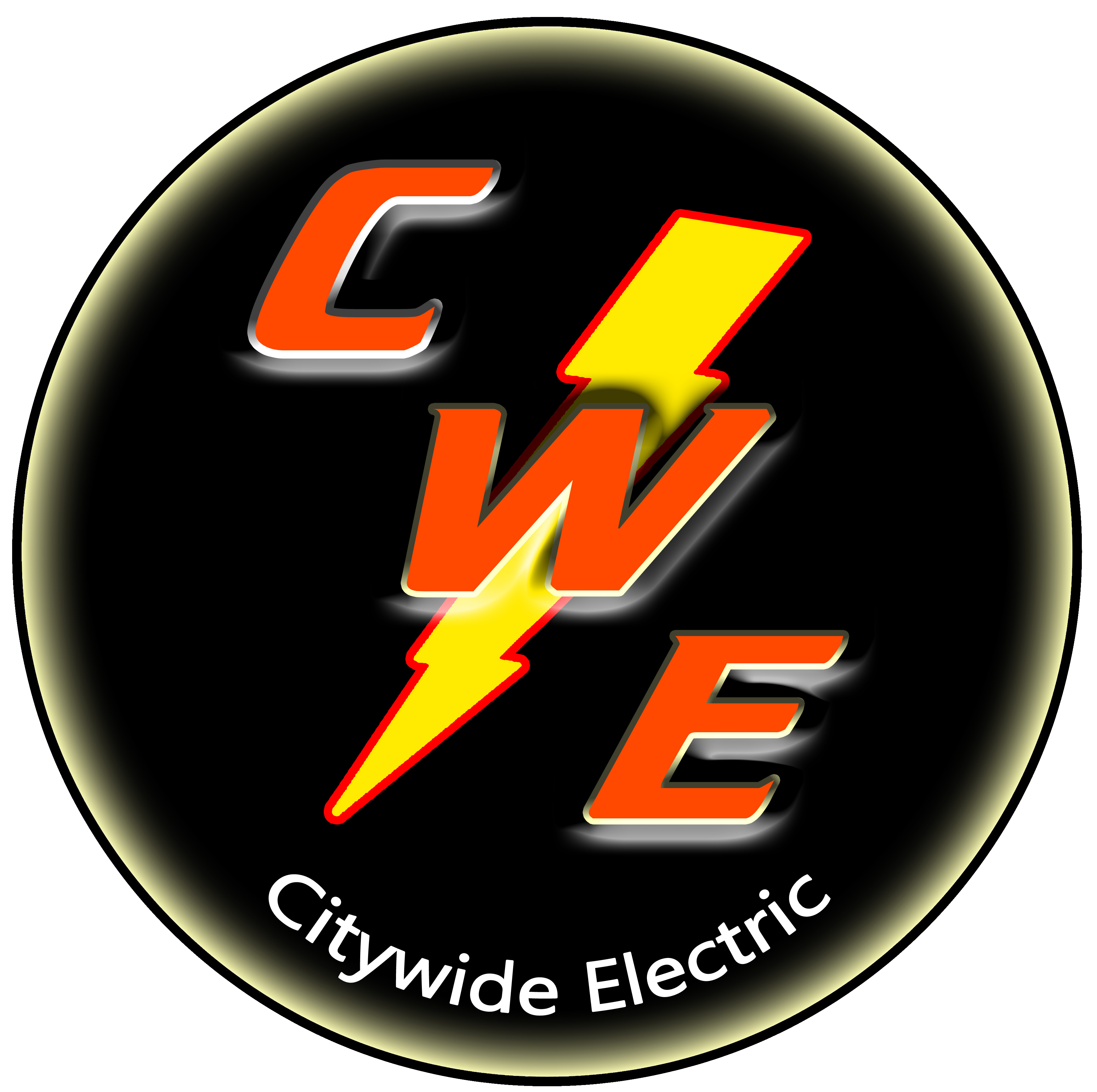Why do breakers trip?
In some older cases the question might be, “why do fuses blow?”
We get a lot of calls about breakers that “trip” “blow” “pop” etc. Whatever it is that you might call it, it is never a good thing when you lose electricity to a certain part of your house, in some cases it may be a simple inconvenience, but in others this event could be a more pressing matter, such as being in the dark, losing power to refrigerators, freezers, and even critical medical equipment. So let’s explore some of the reasons for tripping breakers.
Overloaded breaker
This is one of the most common reasons for a breaker to trip, as they are designed to protect your home and your family from potential electrical fires. In this scenario a circuit is overloaded by multiple appliances if connected to the same circuit are being used at the same time, that is why it is common for this to happen in kitchens.
The solution for this scenario usually involves adding one or more circuits to the area where you are experiencing the overload.
Note: If you suspect that you may be overloading a breaker, do not simply re-set the breaker and continue with the possible overload, contact a licensed electrician to talk about a safer approach.
Faulty breaker
Another reason your breaker is tripping could be that your breaker is defective, if this is the case, the technician can look for the replacement breaker and, in most cases, install it the same day.
If the breaker is defective due to wear and tear due to its age, it might be a good idea to ask the technician for a price for replacing all the breakers in that electrical panel as they are all more than likely the same age and you would be getting a discounted price if all is done in the same trip.
Loose connections
Yet another reason could be that there is a loose connection somewhere along the circuit, the electrical wire carries current from your breaker to the nearest device (outlet, switch or appliance) and in most cases another set of wires comes out of that device or splices behind it to continue the circuit onto another electrical box/device. A loose connection at any of these splices or terminals could be creating a spike in current, which in turn “trips” the breaker to remove power to that circuit, thus protecting your connected appliances and anyone that could come in contact with the faulted circuit, as well as protecting the home from the excess heat in the wiring created by the high current.
Short circuit
Short circuit to ground
In this scenario, the line side of the circuit has come in contact with a grounded part of the circuit.
The probable causes vary and range from a loose wire touching a metal wall inside an appliance, a pierced electrical wire in the attic, crawl space or within a wall.
Short circuit to neutral
This situation is like the one above, but instead the line side would come in contact with a neutral wire or a neutral terminal in the electrical system.
In all cases, even if it seems like a simple task to tackle, our technicians are all very knowledgeable and will be very happy in assisting you when such situation arises.


